Speed Matters: How Businesses Can Improve User Experience Using Open Standards

A recent report – Milliseconds make Millions – commissioned by Google and published by Deloitte, has shown that mobile website speed has a direct impact on user experience. Reducing latency and increasing load times by just 0.1 second can positively affect conversion rates potentially leading to an increase in net earnings.
Over a four-week period, Deloitte’s research team analyzed mobile web data from 37 retail, travel, luxury, and lead generation brands throughout Europe and the U.S. Results showed that by decreasing load time by 0.1s, the average conversion rate grew by 8% for retail sites and by 10% for travel sites. The team also observed an increase in engagement, page views, and the amount of money spent by website visitors when sites loaded faster.
Multiple studies have consistently shown that faster page load speeds will result in better conversion rates. Akamai’s 2017 Online Retail Performance Report, for example, showed that a 100-millisecond delay in website load time can reduce conversion rates by 7% and that over half (53%) of mobile site visitors will leave a page that takes longer than three seconds to load.
HTTP/2 and IPv6: Faster and More Available
There’s good news: making some Continue reading
The 2020 Indigenous Connectivity Summit and Trainings: Register Now

People around the world are relying on the Internet to keep them connected to everyday life, but Indigenous communities in North America are being left behind by companies and governments. Lack of connectivity means many are unable to access even basic information and healthcare. And while COVID-19 has hit Indigenous communities especially hard, lack of access means they can’t use services that connected populations consider critical, such as remote learning and teleworking.
We must address this critical gap.
For years, the Internet Society has worked with those very communities, along with network operators, technologists, civil society, academia, and policymakers – bringing them together to discuss what can be done collectively to narrow the digital divide. We do this through our Indigenous Connectivity Summit (ICS) and the pre-Summit Trainings: Community Networks and Policy and Advocacy.
This year, though we can’t meet in person, we’ll hold a virtual event.
We’re excited to announce that registration is now open for the 2020 Indigenous Connectivity Summit.
The Summit will take place October 5-9, 2020, with training sessions beginning the first week of September. Those who register for the Summit before Friday, September 11th will receive a swag bag and materials for hands-on training prior to the Summit. Continue reading
Partnering with Euro-IX on Infrastructure Development, Routing Security, and More

We can only be successful in creating an Internet for everyone if everyone is part of the effort. That’s why the Internet Society is thrilled to be entering into a partnership with the European Internet Exchange Association (Euro-IX).
The partnership was made official with a Memorandum of Understanding (MoU) on 14 July. This formal agreement builds on an existing collaboration between the two organizations, who have worked together since 2012. But, whether it’s helping to bring cheaper and faster Internet to the world through the data provided in the IXP Database or making the Internet more secure by supporting the Mutually Agreed Norms for Routing Security (MANRS), our work has only just begun.
Kjetil Otter Olsen, the chair of Euro-IX said, “The Internet Society has been an excellent supporter of Internet exchange points (IXPs) for many years and has lent the support of its teams across the world to promoting the benefits of peering for Internet networks and the end users of those networks globally.
“Signing this MoU, on behalf of Euro-IX and the community of IXPs we represent, reflects our shared commitment with the Internet Society to continue this work into the future.
“This MoU extends our existing relationship Continue reading
Measuring the Internet – Mid Year Project Update

Here at the Internet Society, we believe that the Internet is for everyone. Our work centers on increasing the Internet’s reach, reliability and resilience, as well as ensuring that the network of networks remains open, globally connected, secure, and trustworthy.
But how do we assess whether our efforts – and the efforts of the global ecosystem of organizations that facilitate the smooth functioning of the Internet – are working? How can we see where protocols, such as IPv6, are being deployed and at what rate so we can better understand where more education on the benefits of such technologies might be helpful? Where can policy makers find a comprehensive set of data from various sources to help show decision makers that Internet Showdowns damage local economies and potentially harm citizens?
A Single Platform
There are many people, projects and organizations that are collecting data on various facets of the Internet, but there’s no single site that provides a curated set of insights. So, to help everyone gain deeper, data-driven insight into the Internet, the Internet Society is building a tool that consolidates trusted third-party Internet measurement data from various sources into a single platform – insights.internetsociety.org.
Continue reading
The Week in Internet News: U.S Wants China-Free ‘Clean’ Internet
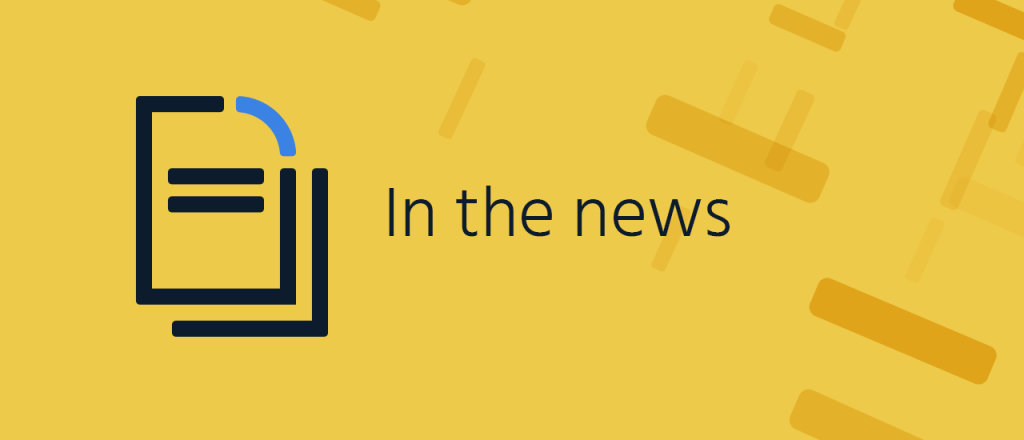
Scrubbing the Net: U.S. Secretary of State Mike Pompeo says he wants a “clean” Internet free of Chinese apps and network equipment, The Next Web reports. Pompeo also wants to keep U.S. cloud data away from Chinese companies and stop China from spying on traffic in undersea cables. Critics say Pompeo is trying to create a U.S. version of the Great Firewall of China. The Verge, meanwhile, says Pompeo’s announcement is “just bluster” for now.
NOTE: Please read the Internet Society’s statement on the U.S. Clean Network Program.
Trump vs. TikTok: In a related story, U.S. President Donald Trump has continued his fight against Chinese video app TikTok, recently issuing executive orders that would ban TikTok and fellow Chinese app WeChat in 45 days, CNet reports. Trump calls the use of these apps on U.S. devices a security problem, but he earlier gave TikTok time to sell to a more acceptable owner. Microsoft is interested in buying the video app.
Buy local: In yet another related story, the Economic Times reports that the use of locally made apps are surging after the Indian government took its own action against Chinese apps. In late June, Continue reading
Everything You Need to Know about Network Time Security

This article was first published on NetNod’s Blog. It is reposted here with permission of the author.
A lot of the Internet’s most important security tools are dependent on accurate time. But until recently there was no way to ensure that the time you were getting came from a trusted source. The new Network Time Security (NTS) standard has been designed to fix that. In this post, we will summarise the most important NTS developments and link to a range of recent Netnod articles providing more information on the background, the NTS standard and the latest implementations.
What is NTS and why is it important?
NTS is an essential development of the Network Time Protocol (NTP). It has been developed within the Internet Engineering Task Force (IETF) and adds a much needed layer of security to a protocol that is more than 30 years old and is vulnerable to certain types of attack. Netnod has played an important role in the development of Network Time Security (NTS) from the standardization effort in the IETF to the development of several implementations and the launch of one of the first NTS-enabled NTP services in the world.
NTS consists of two protocols, Continue reading
IPv6 Buzz Podcast Dives into Open Standards Everywhere
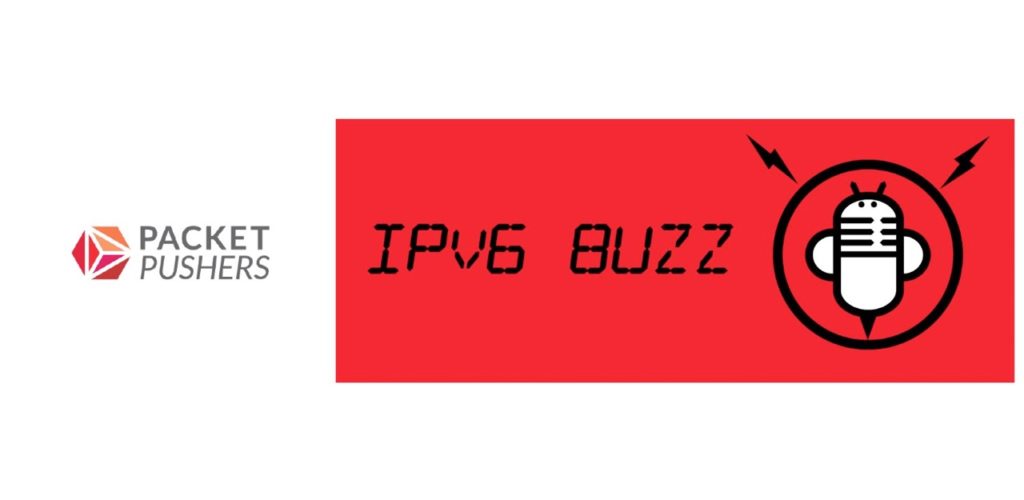
What are the challenges with applications supporting IPv6? What do people, particularly those working in enterprises, need to know about how servers and applications work with IPv6? What is the Internet Society’s Open Standards Everywhere project doing to help? How can people get more involved?
To answer all these questions and more, I recently joined Scott Hogg and Tom Coffeen on their IPv6 Buzz Podcast episode 53. You can listen here:
It was a very enjoyable conversation! Thanks to Scott and Tom for having me on their show. I also want to thank Ed Horley, who first contacted me about joining the show but with schedule conflicts was not able to join the recording. I would also encourage you to listen to other IPv6 Buzz episodes to learn more about IPv6.
If you would like to help in the work to get open standards deployed everywhere, please:
- Read our project page to understand our 2020 goals.
- Test your website with Internet.nl
- Read / share / comment on the documentation we are creating on GitHub.
- Join our Open Standards Everywhere community in Connect.
The post IPv6 Buzz Podcast Dives into Open Standards Everywhere appeared first on Internet Society.
The Week in Internet News: U.S. Lawmakers Skewer Big Tech Firms
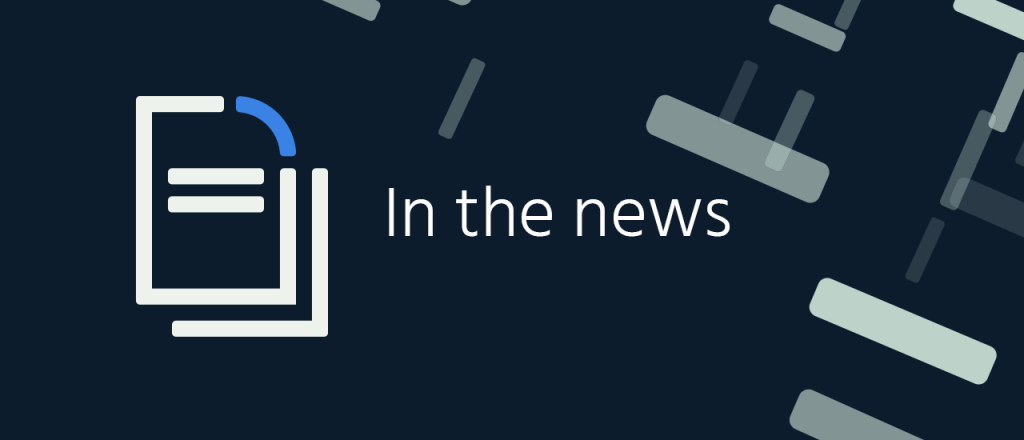
Attacking the big guys: During an antitrust hearing, U.S. lawmakers – both Democrats and Republicans – heaped criticism on Amazon, Apple, Facebook, and Google about their market power, the Washington Post reports. “Our founders would not bow before a king. Nor should we bow before the emperors of the online economy,” said Representative David Cicilline, a Rhode Island Democrat. Republicans complained about alleged anti-conservative bias in online services, while many Democrats talked about how the companies’ market power was being used against competitors, NPR says.
Encryption laws vs. the economy: Laws in Australia creating law enforcement access to encrypted communications are hurting the tech sector in the country, tech giant Atlassian told lawmakers there, the Guardian reports. The anti-encryption laws have discouraged talent from working in Australia and may limit economic growth during the post-COVID-19 recovery, the company said.
Paying for news: Also in Australia, the government there has released the world’s first draft law to force Google and Facebook to pay traditional news media to publish their material, Al Jazeera reports. Under the plan, the tech companies would have to negotiate with Australian media companies to use their content.
Jailed for TikToking: An Egyptian court has ordered two-year Continue reading
Tribal Priority Window extended to September 2 – but it’s still not enough time to connect Indigenous communities to a critical lifeline
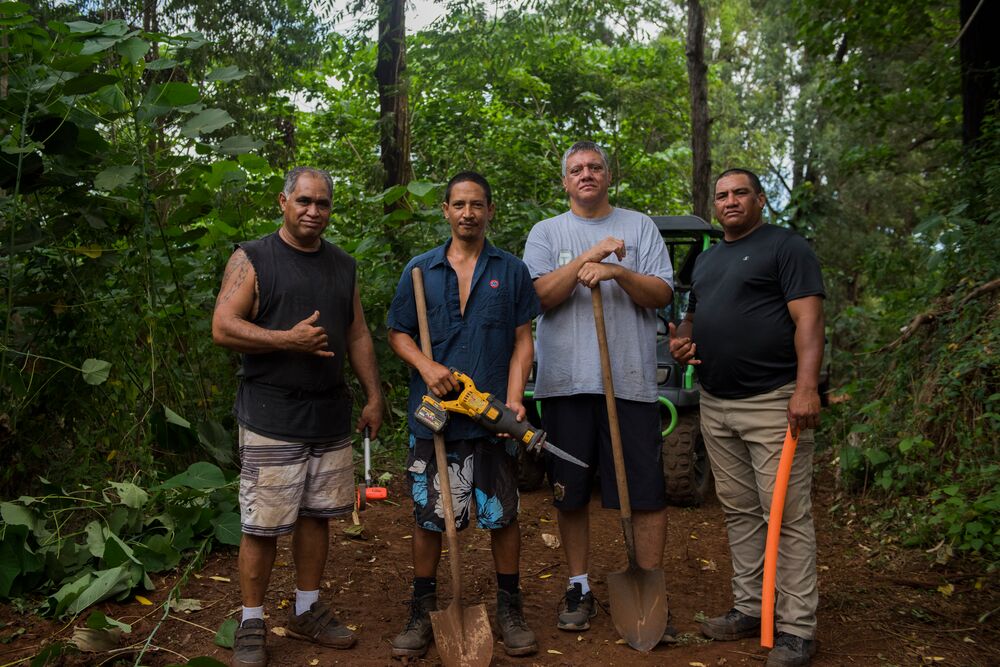
While Indigenous communities across the US battle some of the most brutal COVID-19 mortality rates in the country, they’ve simultaneously raced against the clock to take advantage of a once-in-a-generation opportunity to access and manage their own broadband.
The Tribal Priority Window is an unprecedented opportunity for eligible US Tribes to apply for 2.5GHz spectrum leases ahead of the federal auction. Targeted at the most digitally underserved communities in the US— where only half of housing units have access to broadband— the Window is intended to enable rural Tribes access to Internet service and the development of services to narrow the digital divide. The application process posed significant challenges to Tribes who already struggle with poor connectivity. The digital format, coupled with COVID-19 realities, has hampered their ability to file applications within the deadline.
Due to the insurmountable obstacles posed by the pandemic, Tribes and nearly 100 organizations have called on the Federal Communications Commission (FCC) and Congress to extend the Tribal Priority Window by 180 days.
In response, the FCC has granted them just 30 additional days to file their applications. In its order, the FCC says that this extension is due to the unusual Continue reading
Member News: Teaching Computer Science in Rural Nigeria
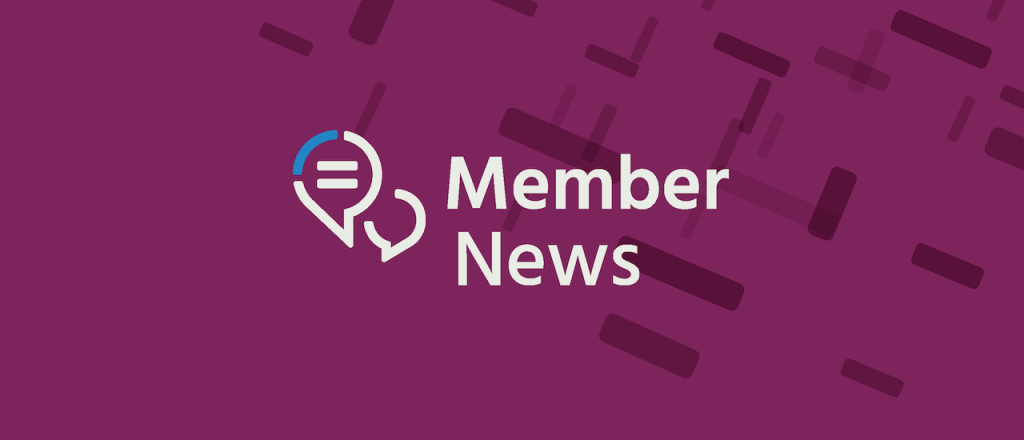
Computing for the people: The San Francisco Chapter has an article by a software developer using open source software and open standards hardware to teach computer science skills to students in rural Nigeria. Chioma Ezedi Chukwu, founder of the STEMTeers mentorship program, writes that open source is more than free tools, software, or hardware. “It was a great opportunity to learn, learn by building and create with innovation.”
Coding for kids: Meanwhile, the Pacific Islands Chapter highlights a hackathon for kids event at a childcare center in Port Moresby, Papua New Guinea. The goal of the event, focused on design thinking, was to equip the students with lifelong skills in the digital age.
Supporting e-learning: In other education-related news, the Uganda Chapter is focused on helping teachers and students improve their digital skills as the country embraces e-learning following the COVID-19 pandemic. “Educators need to adjust their teaching methods to cope with the new changes,” an article says. “Educators should be able to cause change or affect the learner beyond the chalk and blackboard while learners need to be taken through an adaptability process as they transition to digital education.”
Tracking the virus: The Chapter in the Continue reading
A Partnership to Improve Africa’s Internet Infrastructure Resilience and Reliability
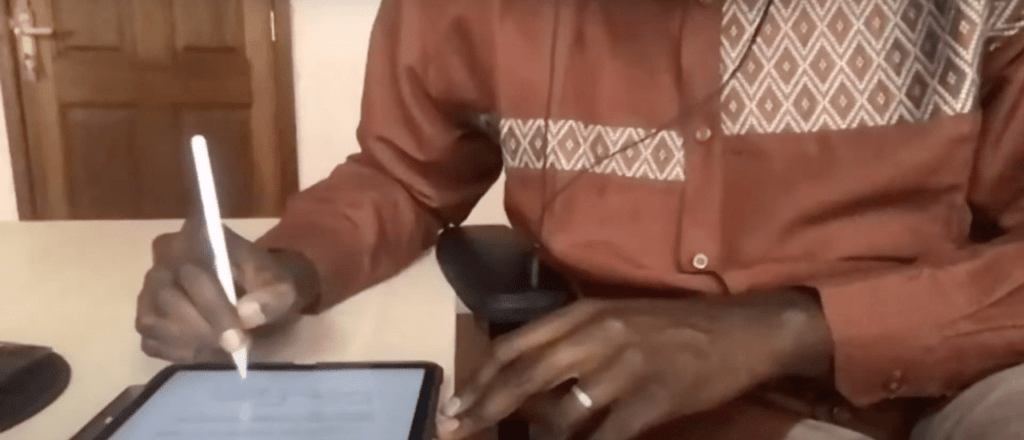
Last week, we announced an expanded partnership with AFRINIC, the Regional Internet Registry for the African region. On Friday, 24 July, Eddy Kayihura, Chief Executive Officer at AFRINIC, and I, on behalf of the Internet Society, signed a Memorandum of Understanding (MoU) between the two organizations to work on several projects including Internet measurements, routing security, and infrastructure and community development.
Right after the virtual signing ceremony, we described the first collaborative activity under the new MoU – the Africa Internet Measurements. Part of our Measuring the Internet project, the effort aims to tackle the problem of Internet resilience and reliability in the continent.
Although Africa has significantly increased Internet penetration in the last decade, the continent must improve the resilience and the reliability of its Internet infrastructure to pave the way for future innovations and technological advancements as expressed in the African Union’s 2063 agenda. Without proper measurements and data, we don’t know where the problem is, what we need to improve, or if our solutions work. Much of the available Internet measurement data relating to Africa measures only specific types of Internet traffic and not overall Internet resilience, which is the ability of the network to Continue reading
How Community Networks Are Helping during COVID-19

In July 2020, the Internet Society organized the webinar “How Community Networks are helping during COVID-19.”
We are halfway through this unprecedented year in which COVID-19 continues to cause disruptions and confusion in many areas of our lives. What is clear though, is the recognition of the Internet as a lifeline for us – for communicating with family members and health workers, accessing essential services, and participating in online learning and remote work.
But what about those who don’t have it?
The panel was an opportunity to show that there are solutions out there. To get to them will take strong communities driven by the understanding that everyone can make a difference.
The discussions of July’s webinar got to the heart of this.
The panelists shared stories and videos of the community networks they have helped to build in remote villages where underserved Indigenous tribes live. We heard the story of one Indigenous tribe located in the southern part of West Java in Indonesia, who set up a wireless network for their community. It helped them find jobs and increase their income, as well as access health information, learning resources, and government services.
In India, an Continue reading
The Week in Internet News: Looking for a Broadband Miracle in Rural Canada
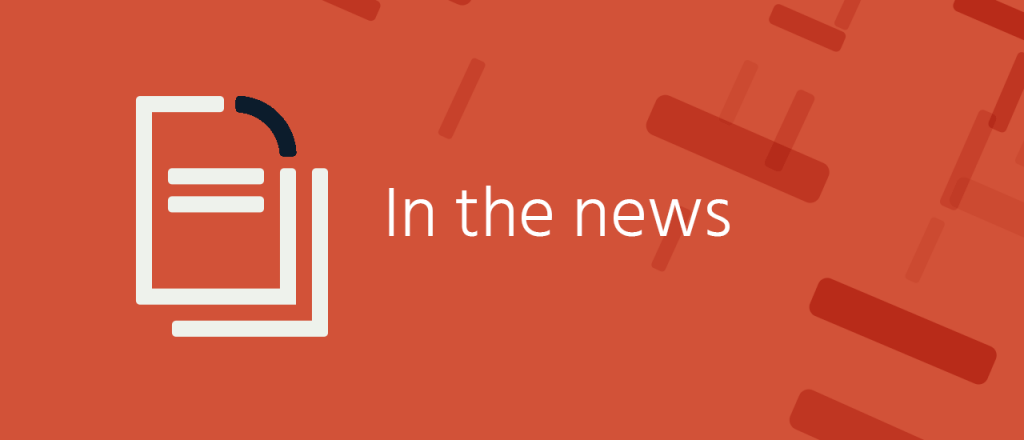
Creating a miracle: Residents of rural British Columbia, Canada, are pushing for better Internet access, with one resident saying getting access to good connectivity is like “hoping for a miracle,” the CBC reports. Local government leaders are working with community leaders and businesses to improve Internet services. Local leaders are researching options to establish a broadband Internet service in Clearwater, British Columbia, including the possibility of building new mobile towers.
Building their own: Meanwhile, a few hundred miles south in Klamath, California, Yurok tribal officials have announced a new project that they hope will significantly boost Internet speeds and expand coverage on their reservation, KRCR News reports. The$2.1 million project is funded by the U.S. Coronavirus Aid, Relief, and Economic Security Act. One of the goals is to better allow students to participate in distance learning.
No distance learning for you: In a related story, a study from Future Ready Schools finds that 16.9 million U.S. students lack home Internet access, Education Dive says. In addition, 3.6 million U.S. households lack a computer, impacting 7.3 million students, according to the study. About a third of Native American, Latino, and African-American students in the Continue reading
A (Fairly) Non-Technical Guide to Routing Security Basics

On the MANRS website, we write about routing security. We dig into the details of technical problems, research the origins of route leaks and hijacks, analyze trends and statistics related to networks around the globe via the MANRS Observatory, and generally get pretty nerdy about how to improve the routing system that underpins the Internet. Last week, we took a step back and published a series of posts regarding Routing Security Basics.
This 5-part series covers the following topics:
- What Is Routing?
- How Does Routing Work?
- What’s Wrong with Routing?
- What Are Routing Incidents?
- What are the MANRS Actions?
While it’s difficult to explain routing security without assuming some baseline knowledge, our intent is for these posts to be as non-technical as possible to help non-experts understand this sometimes-complicated topic.
It all started with a Twitter thread on a Friday afternoon, comparing routing security to online dating. We then expanded this silly analogy into a series of blog posts. Follow along as Juan, Maria, and Bad Guy Chad help us explain the types of routing incidents that happen and how the simple, concrete MANRS actions can help.
We hope you’ll read the Routing Security Basics posts, and if you’re Continue reading
A Narrow Window of Opportunity for Rural Connectivity in the U.S.

As COVID-19 continues to shine a spotlight on the vital role the Internet plays, a short window of opportunity has opened for the Federal Communications Commission (FCC) to do their part in connecting rural Indigenous communities in the United States.
The Tribal Priority Window is currently open for federally-recognized tribes, Alaska Native Villages, and Hawaiian Homelands to apply for Educational Broadband Service (EBS) spectrum, but it closes on August 3rd. Access to the EBS spectrum would enable Indigenous communities to build their own Internet networks.
The FCC set this deadline before the pandemic, but Tribal governments are now overwhelmed by handling the Coronavirus with limited resources. The FCC must give them more time to apply to the priority window. COVID-19 will not simply disappear from tribal lands in time for tribal governments to pull together applications.
The need for reliable, affordable Internet access is more pressing than ever.
Need proof? One only has to look at the fact that Indigenous communities in the US face the lowest rate of broadband access and the highest per capita rate of COVID-19 infections. The need for access to accurate information and telehealth is at an all-time high. Tribal communities are at serious risk Continue reading
Meet the MANRS Ambassadors

We’ve appointed four MANRS ambassadors in the areas of training, research, and policy. We’re excited to welcome Anirban Datta, Flavio Luciani, Boris Mimeur, and Sanjeev Gupta to the program, and can’t wait to benefit from their input and expertise.
Ambassadors are representatives from current MANRS participant organizations who provide mentorship, guidance, and feedback to others in the routing security community. With their wealth of experience and knowledge – and their passion and commitment – they help make the global routing infrastructure more robust and secure.
The MANRS Ambassadors Selection Committee, consisting of six representatives from the MANRS Advisory Group, assessed the applications and appointed four exceptional individuals.
They’ll receive a monthly stipend of US$1,500 for up to six months and together they’ll train people on good routing practices, analyze routing incidents, research ways to secure routing, and survey the global policy landscape. Ambassadors will also provide mentorship to the MANRS Fellows in their respective categories to help the Fellows to fulfill their obligations.
Four Amazing Ambassadors
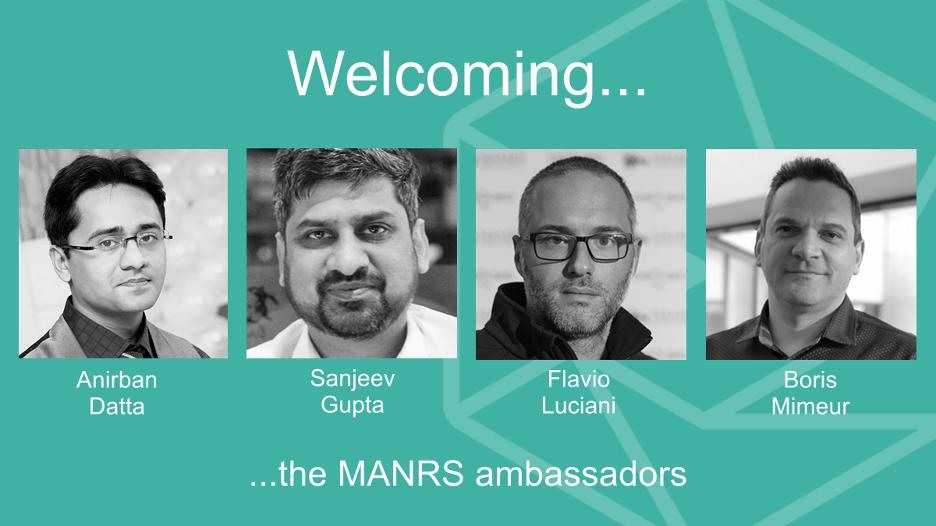
Anirban Datta, training ambassador
Anirban works for Fiber@Home Global Ltd in Dhaka, Bangladesh. His role is to establish international links and points of presence in different parts of the world. He’s also involved with Continue reading
U.S. Tribes Have until August 3rd to Apply to Help Bring Internet to Their Communities
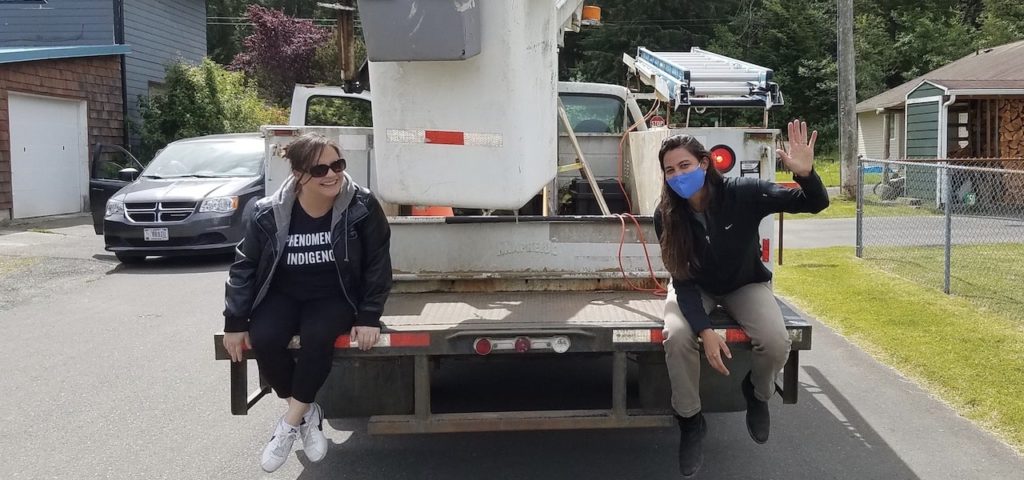
See how the Makah Tribe launched an emergency network on EBS spectrum during COVID-19
The Makah Tribe has lived around Neah Bay at the northwest tip of what is now Washington State since time immemorial. It is a breathtaking landscape of dense rainforest and steep hills, far removed from any major urban center.
But for all its beauty, the hills, forests, and remoteness have made it difficult for the community to access quality high-speed Internet – and even cell and radio service.
In some areas, cell service was so poor that only certain spots worked: one community member had to go outside and stand beside a rhododendron bush to make a call or send a text. While Facebook is the main way people stay connected, many couldn’t access it. The local clinic struggled to use electronic records – it sometimes took upwards of 40 minutes just to get into the system. Even emergency responders, such as police and the fire department, couldn’t rely on the dispatch system that required Internet connectivity to operate.
And then the coronavirus began to sweep the world. The Makah closed the reservation to outsiders to protect the community. And its connectivity challenges became even more problematic. Continue reading
The Week in Internet News: Hackers Target COVID-19 Research

Hacking the research: Intelligence agencies from the U.S., U.K., and Canada have accused a Russian hacking group of targeting organizations conducting COVID-19 research, the Washington Post reports. The so-called Cozy Bear hacking group is trying to steal vaccine research specifically, the intelligence groups say.
Hacking the tweets: Meanwhile, 130 of Twitter’s most high-profile accounts were targeted by hackers recently, with a few of them compromised, in an apparent bitcoin scam, the New York Post writes. Among the accounts targeted were Kanye West, Elon Musk, Barack Obama, and Warren Buffett. The hackers reportedly paid a Twitter employee to help them with the attack.
No data collection, please: The government of China is cracking down on apps that collect what it considers too much personal data, the South China Morning Post says. The government has ordered several tech companies, including Alibaba Group and Tencent, to remove non-compliant apps as soon as possible.
Broadband is fundamental: Microsoft CEO Satya Nadella has called broadband a “fundamental right” in an interview with CNN. Many rural areas in the U.S. still lack broadband, and that needs to change, he said. “If you think about the rural community today, they are going to Continue reading
Building a diverse and strong Internet Society Board of Trustees

[Published on behalf of the Internet Society Board of Trustees.]
The Internet Society’s 2020 AGM (Annual General Meeting) is going to be held on the first weekend of August. While the meeting had originally been planned as a face-to-face meeting, the Board decided to turn it into an online meeting instead given the current COVID-19 pandemic.
The AGM is the meeting where we say goodbye to the outgoing trustees. We want to thank them for all their efforts during their terms and wish them good luck in their future endeavours. We are confident they will continue supporting the Internet Society down the road.
The AGM is also the meeting where we welcome the incoming trustees. This year is special because we will be welcoming five new trustees. This represents a significant Board turnover for a Board of twelve voting trustees. Therefore, we are currently running a comprehensive onboarding process to get our new trustees up to speed as efficiently as possible.
As you know, the Board is selected and elected by our community, with the IETF, Organizational Members, and Chapters each independently choosing a third of the Trustees. Next year, at the 2021 AGM, three trustees will be reaching Continue reading
In Africa, An Open Internet Standards Course for Universities
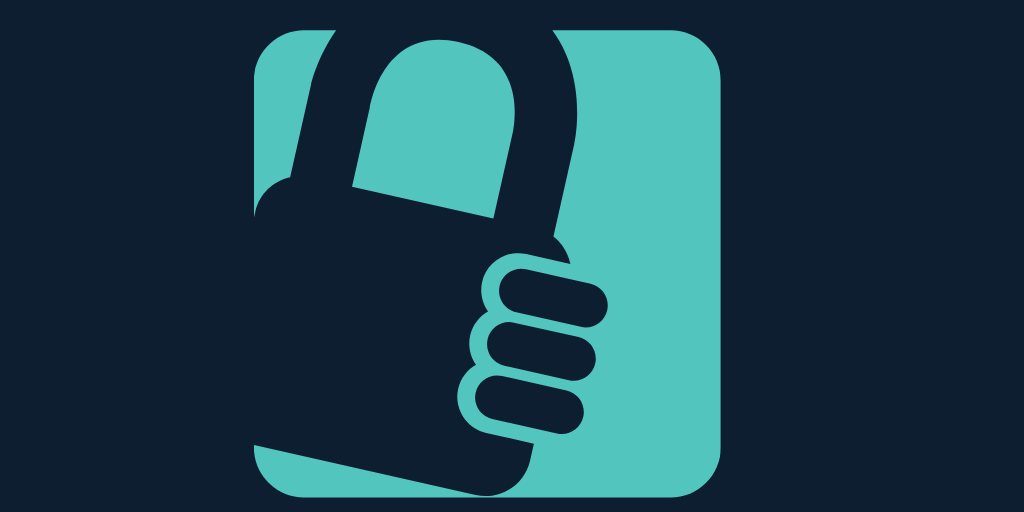
Seventy university students from the Democratic Republic of Congo (DRC), Ethiopia, Kenya, and Ghana gained insights into open Internet standards
Many of the Internet standards that make the Internet work today are developed using open processes. Early exposure to these processes could significantly help future engineers play a role in the evolution of the Internet.

Next Generation of Open Internet Standards Experts in Africa
To expose the next generation of African experts to open Internet standards, the Internet Society put together a short pilot course on Internet Protocol Security (IPSec). IPSec is a technology used to improve communication security between devices on the Internet.
To promote the teaching of open Internet standards in African Universities, the one-month course brought together 70 students from 4 African universities from DRC, Ethiopia, Kenya, and Ghana. The pilot course was designed to provide university lecturers with additional training material to support existing courses at universities.
Facilitators
Technology experts Dr. Daniel Migault, Professor Nabil Benamar, and Loganaden Velvindron facilitated the learning experience. Between March and April 2020, they delivered online lectures for three weeks before opening up a week for student assignments.
The Internet Society’s Regional Vice President for Africa Dawit Bekele said the course Continue reading